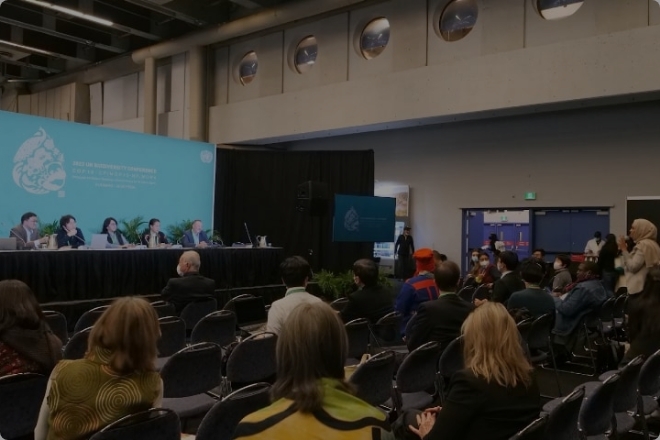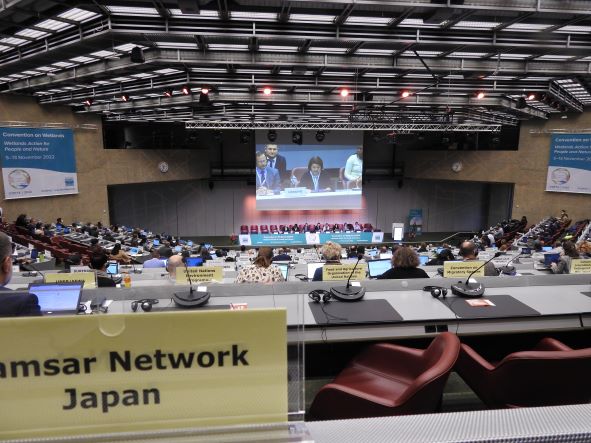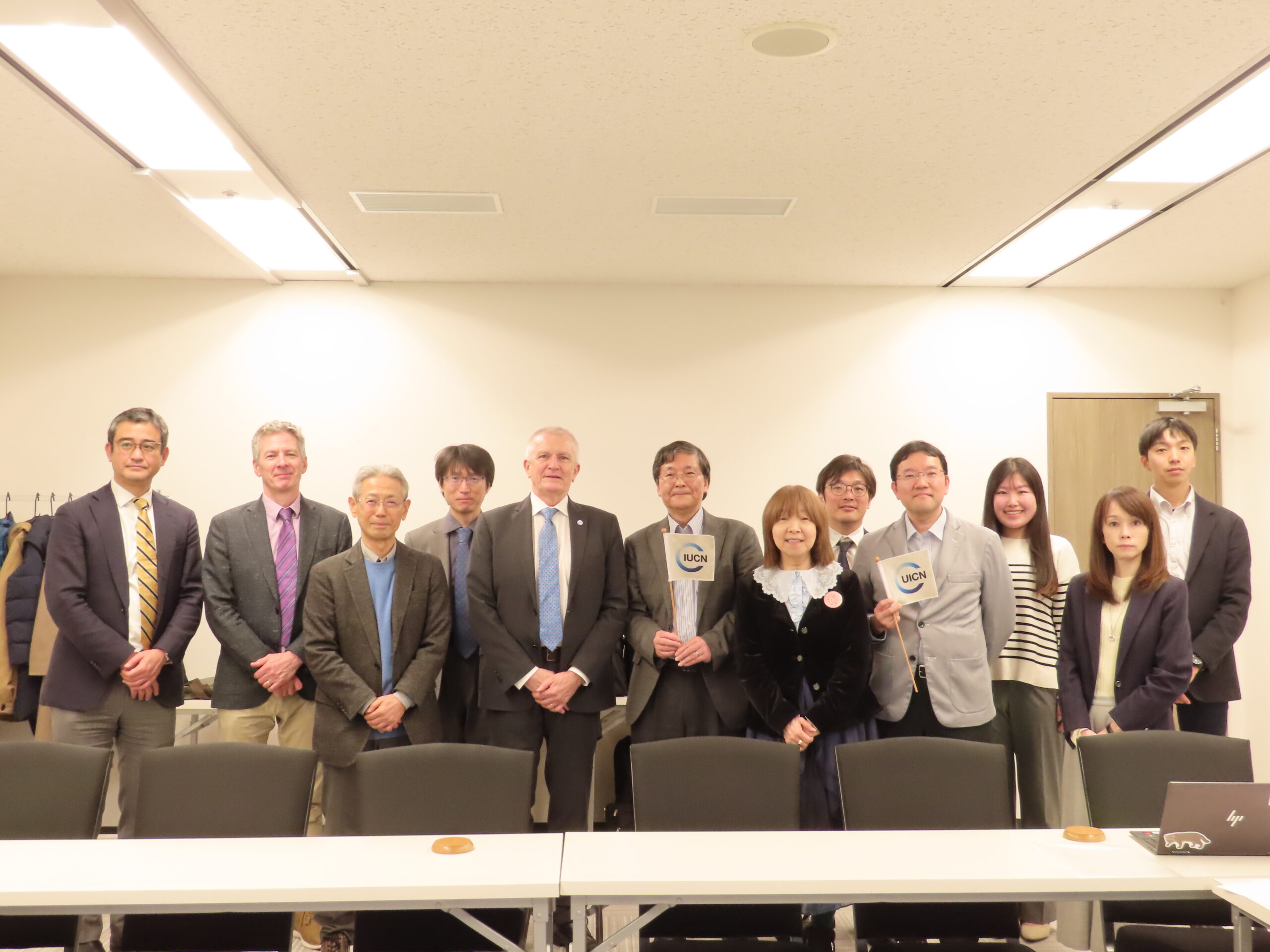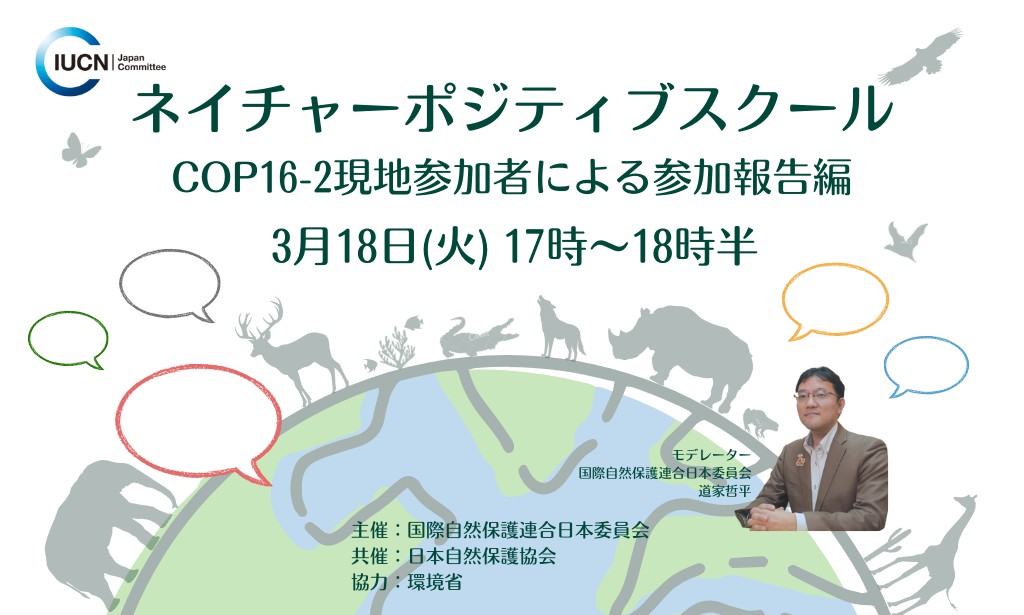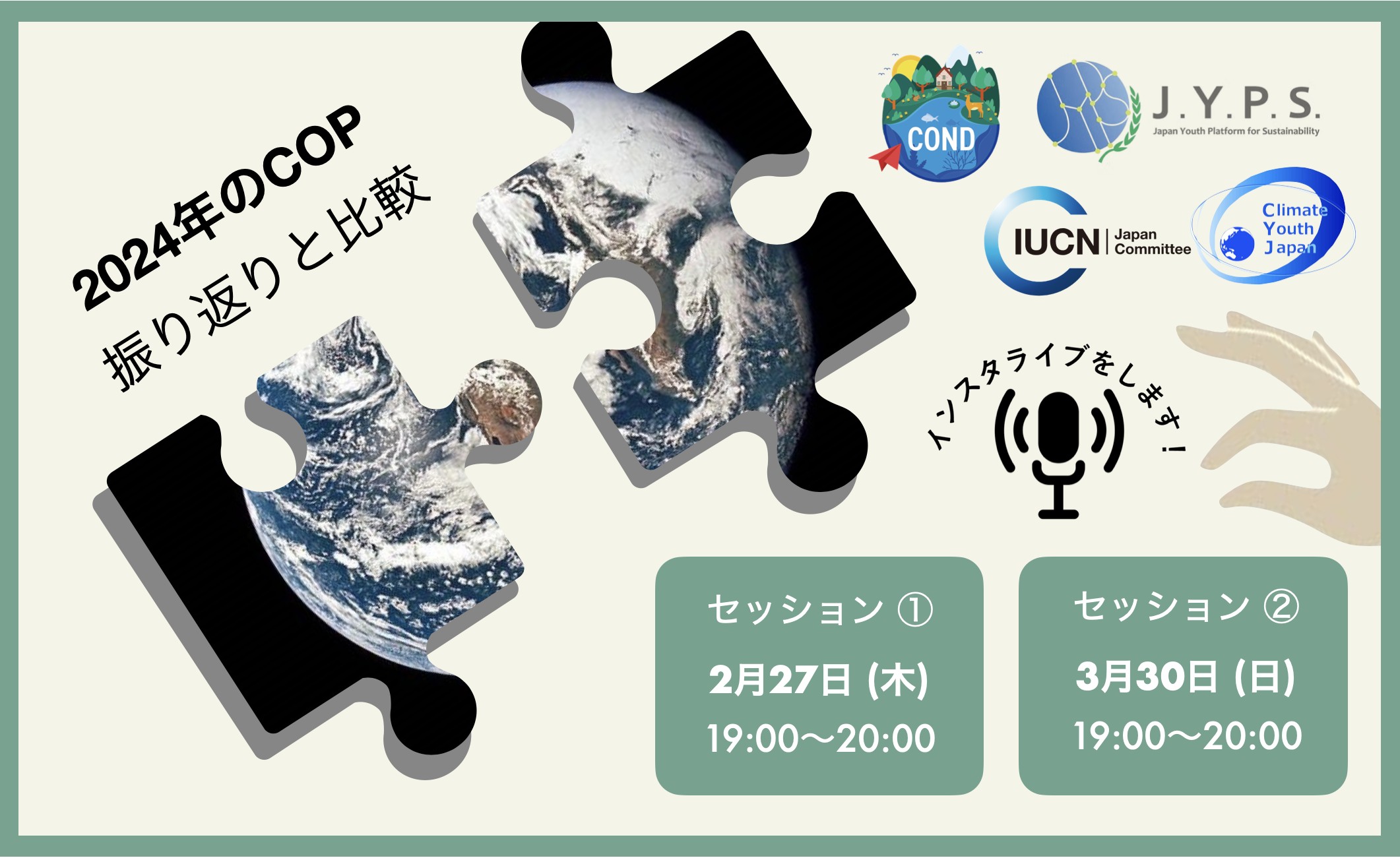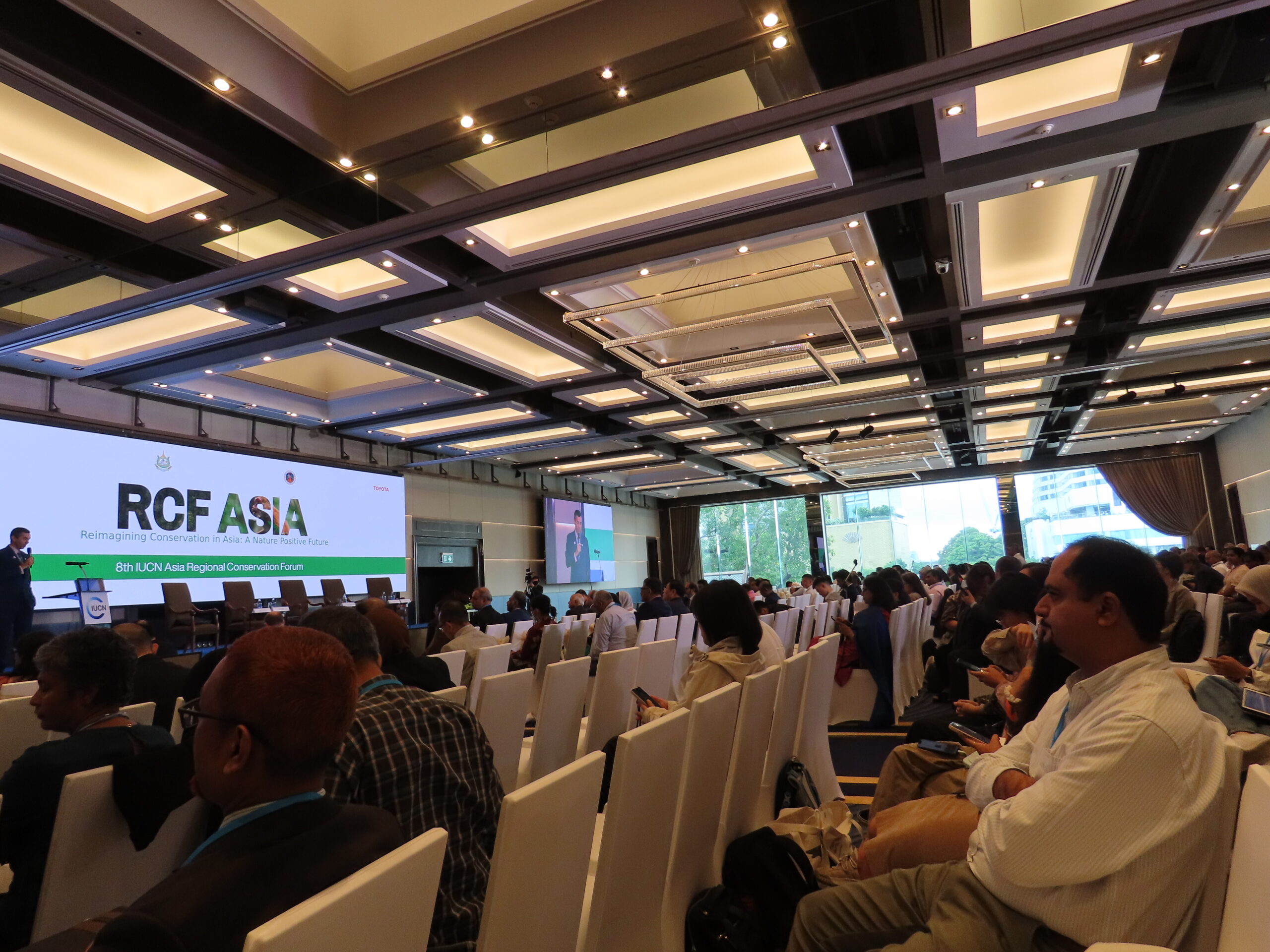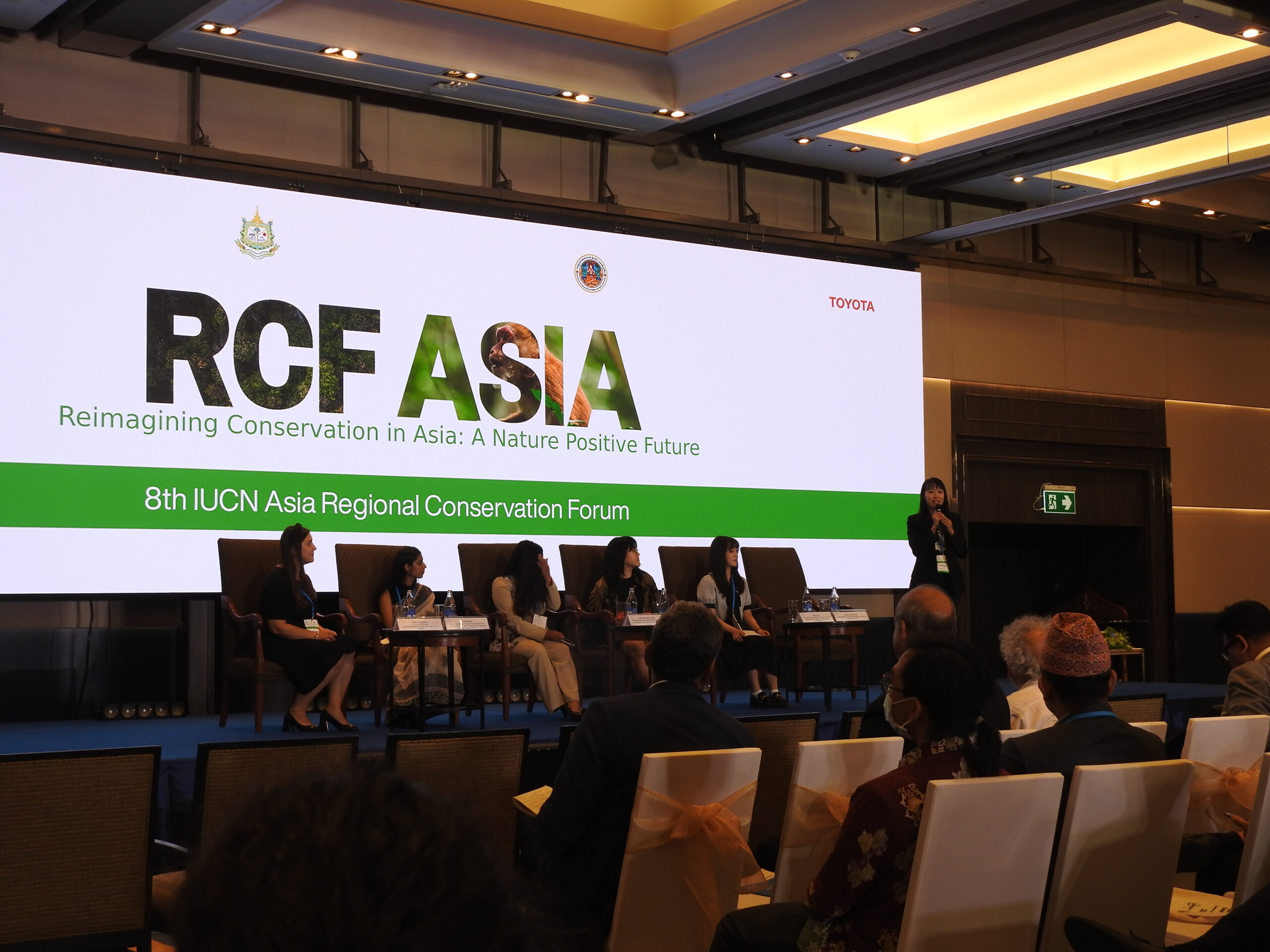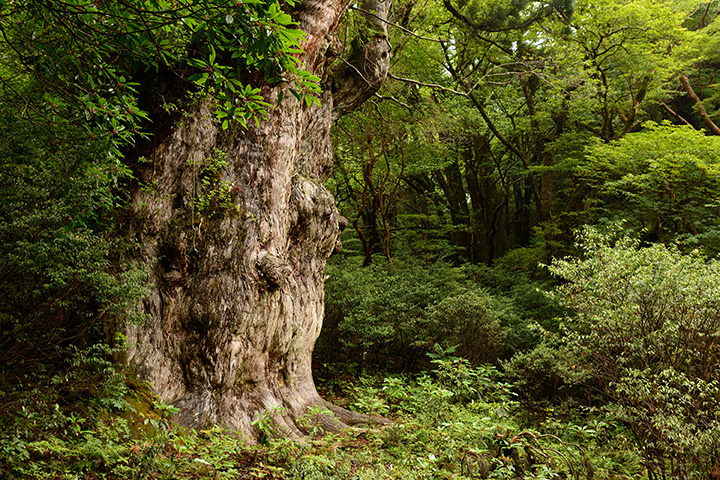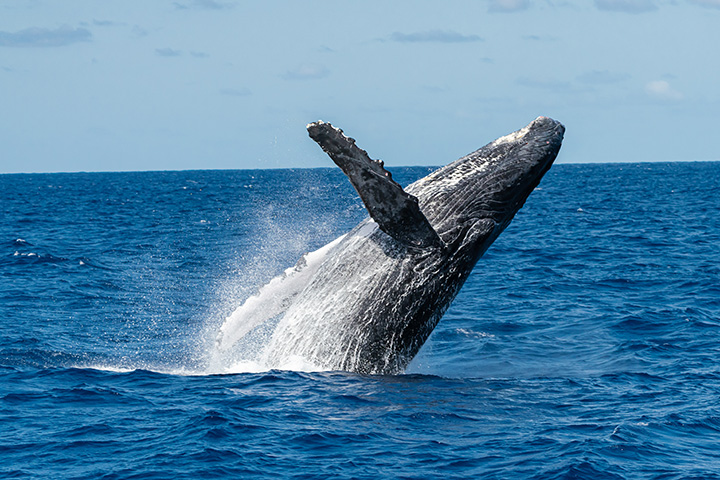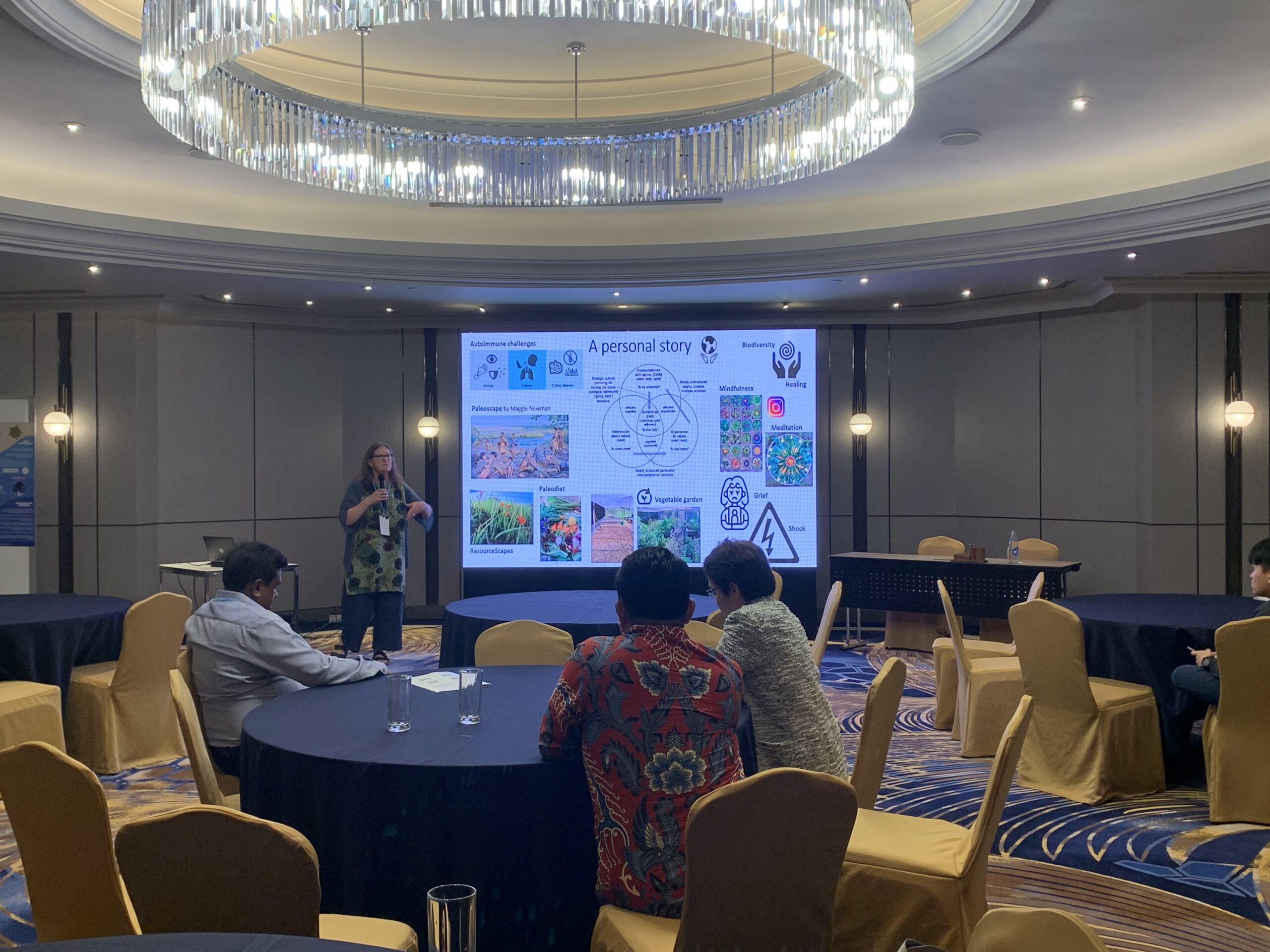
デジタル化が進む現代において、私たちは自然界とのつながりを感じにくくなることがあります。しかし、多くの研究は、自然の中で過ごすことが私たちの健康に良い影響を与えるだけでなく、環境に配慮した行動を育む助けになることを示しています。2024年のIUCN RCFにおいて、私は「緑地がウェルビーイングに与える影響:個人的な研究の旅」と題したサイドイベントに参加し、自然が人間の幸福を高め、持続可能な行動を促進する役割について学ぶ機会を得ました。
自然がウェルビーイングに与えるプラスの影響
自然の中で過ごすことは、心身の健康を向上させることが知られています。都市環境における過剰な刺激から解放される場として、自然はストレスを軽減し、気分を改善し、心の安らぎをもたらします。エスラー教授は、緑地での散歩やハイキング、単に自然の美しさを観察するだけでも、マインドフルネスを高め、自己との深い結びつきを育むことができると強調しました。このマインドフルネスは、日常生活におけるより意識的で慎重な行動に変わることが期待されます。
自然を優先する理由の一つは、その認知機能や創造性の向上効果です。森の中を歩いたり、海辺で過ごしたりといったシンプルなアクティビティが、心をリフレッシュさせてくれるのです。自然は私たちの感覚を刺激し、リラックスを促し、内なる自己との再接続を助けてくれます。
環境に配慮した行動への道筋
自然とのつながりから生まれるウェルビーイングは、個人の範疇にとどまらず、より広範な影響をもたらします。それは、環境に配慮した行動を促進するという点です。自然と深くつながりを感じると、人々はその自然を守り、保護する重要性をより認識するようになります。
このイベントで提示された洞察は、自然との感情的なつながりが、自然との結びつきを強化し、それが持続可能な行動に直結することを示しています。たとえば、廃棄物を減らすことや水を節約すること、あるいは自然保護活動を推進することなど、自然と頻繁に触れ合う人々は、これらの行動を取る意欲が高まります。この感情的なつながりが、環境に配慮した製品の消費や、地域での保全プログラムへの参加など、ライフスタイルの選択に大きく影響するのです。
自然が環境教育に果たす役割
イベントで強調されたもう一つの重要な要素は、自然が環境教育に果たす役割です。特に若い世代が自然の中で過ごすことで、環境問題への関心が高まり、学びへの意欲が生まれます。自然と直接触れ合う経験は、人々が地球に与える影響について考える機会を提供し、自然保護への意識を育む重要な役割を果たします。学校、地域社会、家庭などは、自然を教室として活用し、生物多様性や生態系、そして持続可能性の価値を教えることができます。
結論
自然との深い結びつきを育むことは、個人のウェルビーイングに大いに貢献し、精神的な明晰さや創造性、ストレスの軽減を促します。さらに重要なのは、この結びつきが長期的な環境保全意識を喚起する可能性がある点です。自然との感情的な関与が高まることで、人々は環境に配慮した行動を取るようになり、その結果、地球の保全と持続可能性に貢献することができるのです。エスラー教授の研究が示すように、自然との再接続は、個人の成長の旅であるだけでなく、持続可能な未来への重要な一歩となります。
The Connection Between Nature and Wellbeing: A Path to Environmental-Friendly Behavior
In our increasingly digital lives, it’s easy to feel disconnected from the natural world, even though studies show that spending time in nature can benefit both our well-being and nurture environmentally conscious behaviors. During the 2024 IUCN RCF, I had the opportunity to attend a side event titled “How Green Spaces Influence Wellbeing: A Personal Research Journey,” to learn more about the transformative role of nature in enhancing human wellness and promoting sustainable actions.
Nature and Its Positive Impact on Wellbeing
Spending time in nature has been shown to enhance mental and physical well-being. Exposure to natural environments offers a reprieve from the overstimulation typical of urban settings. Nature reduces stress levels, improves mood, and fosters a sense of tranquility. Prof. Esler emphasized that activities such as walking in green spaces, hiking, or simply observing the beauty of natural landscapes can lead to increased mindfulness and a deeper connection to oneself. This sense of mindfulness can be translated into more conscious and deliberate actions in everyday life.
One of the compelling reasons to prioritize nature is its ability to improve cognitive function and creativity. Whether it’s through walks in a forest or spending time by the sea, these simple activities recharge our minds. Nature stimulates our senses, promotes relaxation, and helps us reconnect with our inner selves.
The Pathway to Environmental-Friendly Behaviors
The sense of well-being cultivated through connection with nature doesn’t stop at the individual level. It extends to a broader impact: fostering environmentally friendly behaviors. When people feel connected to nature, they are more likely to recognize the importance of preserving and protecting it.
The insights from the talk point towards a critical connection: cultivating an emotional bond with the natural world enhances one’s willingness to engage in sustainable practices. Whether it’s through reducing waste, conserving water, or advocating for conservation efforts, individuals who frequently interact with nature are more motivated to adopt greener behaviors. This emotional connection becomes a driving force, influencing lifestyle choices such as the consumption of environmentally friendly products or participation in community-driven conservation programs.
The Role of Nature in Environmental Education
Another vital element addressed in the talk is the role of nature in fostering environmental education. When individuals, especially young people, spend time in nature, they become more curious about environmental issues and eager to learn. Direct experiences with natural settings create opportunities for reflection on the human impact on the planet, which is crucial for instilling a sense of stewardship. Schools, communities, and families can all use nature as a classroom to teach the value of biodiversity, ecosystems, and sustainability.
Conclusion
Fostering a deep connection with nature can greatly contribute to individual well-being, promoting mental clarity, creativity, and stress reduction. More importantly, this connection can inspire lasting environmental stewardship. Through increased emotional engagement with the environment, people are more likely to adopt environmentally friendly behaviors, which ultimately contribute to the preservation and well-being of the planet. As Prof. Karen Esler’s research journey shows, reconnecting with nature is not just a journey towards personal growth but a vital step toward a sustainable future.
Intern at Japan Committee for IUCN
Danmeng CAI(University of Tsukuba)






